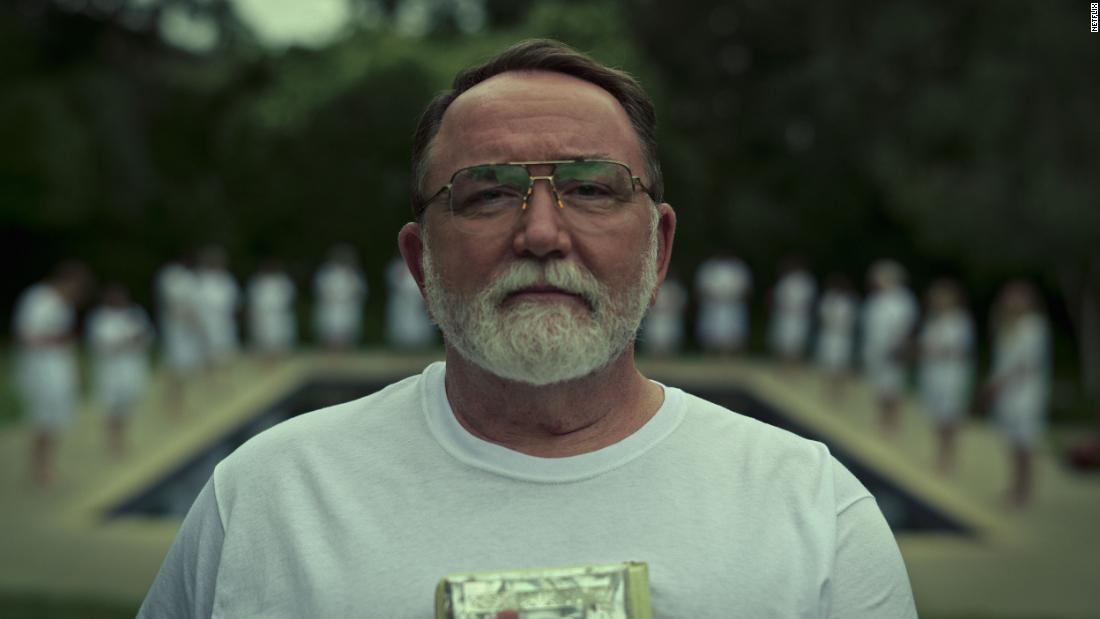
The availability of DNA testing allowed those who gradually began to learn the truth to seek out information regarding others, conducting what amounted to a private investigation because of the inability or reluctance of local officials to take action against Cline, who was, outwardly, a pillar of the community.
Those events were set in motion by Jacoba Ballard, who was understandably shocked to discover that DNA showed she had several half-siblings. Director Lucie Jourdan proceeds from there to speak with others, including parents, children and associates of Cline — who say they had “no idea” what was happening — exploring everything from their dumbfounded reactions to the mechanics of how the doctor could have gotten away with the practice for so long.
The production notes describe that as “an unimaginable breach of trust,” a message that comes through loud and clear. But the film becomes murkier in seeking to identify motives for Cline’s actions, either in his personality or religious beliefs, while relying upon creepy music and camera angles to unnecessarily embellish the material. (The fact that horror-movie factory Blumhouse is behind the project is unfortunately evident.)
Netflix has enjoyed its share of success with similarly themed and executed fare, “The Tinder Swindler” being a recent example. The popularity of the true-crime genre, however, frequently comes with a slimy tilt toward pandering to baser instincts, which is the case here.
The sense of violation that this story entails is almost palpable, and “Our Father” certainly conveys that. If only the filmmakers had trusted the audience enough to present it in a more unadorned manner.
“Our Father” premieres May 11 on Netflix.